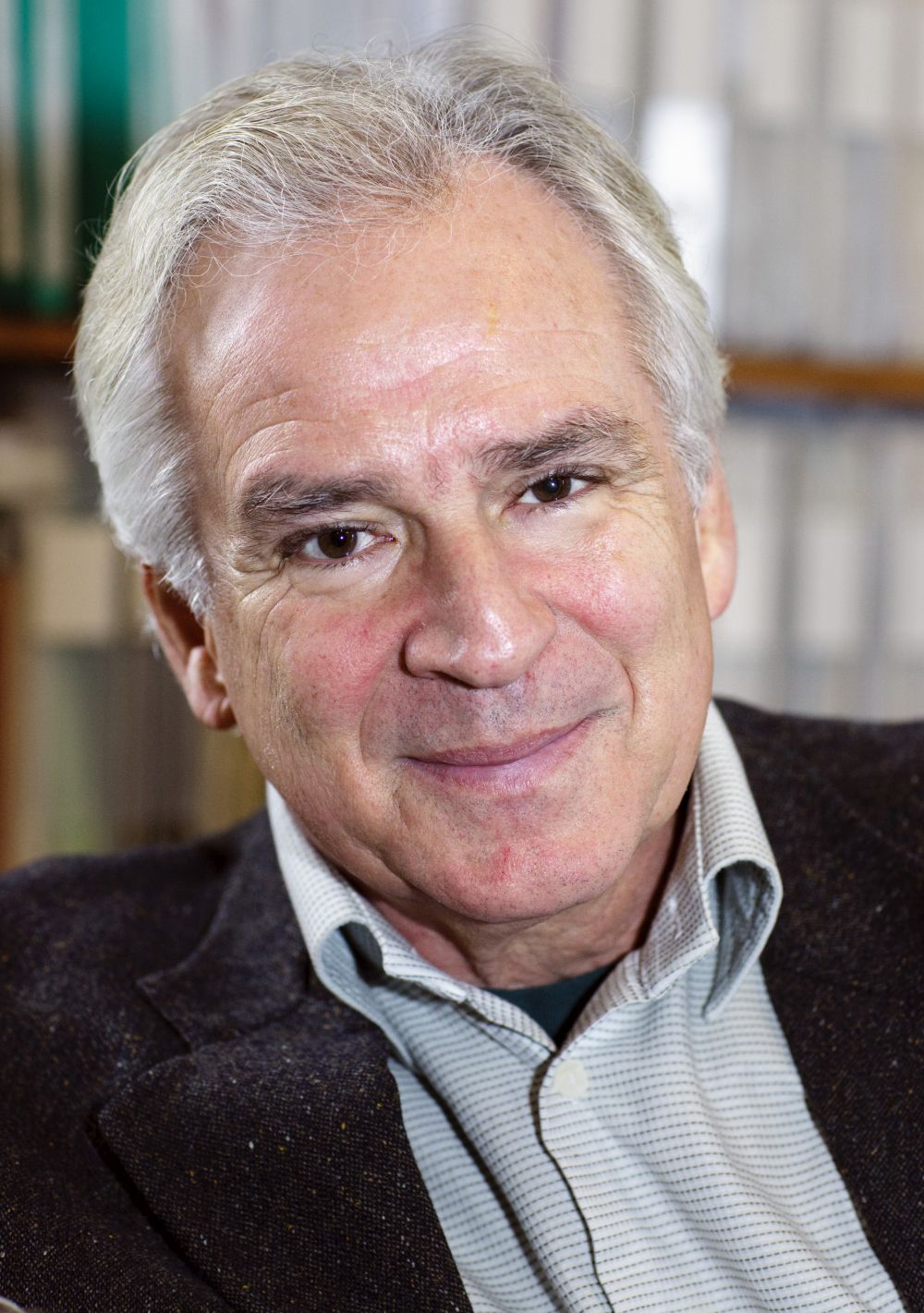New I/O Server is the Only Compact, Industrial PC with Truly Integrated I/O for Monitoring and Control.
Trade Shows
Newsletter Archives
I/O Server
Industrial PC Model IOS-7400 with plug-in I/O modules Acromag’s new I/O Server is a rugged, fanless computer, designed specifically for mobile or embedded I/O applications, featuring a built-in carrier card that holds up to four mezzanine I/O modules.
Acromag has introduced the I/O Server Industrial PC featuring an internal carrier card to interface a wide selection of related plug-in I/O modules. Designed specifically to work together, this combination of a rugged, fanless box computer and conduction-cooled I/O modules provides a truly integrated system for high-performance measurement and control projects. The first release in the I/O Server line, the Model IOS-7400, is equipped with an Intel® Atom™ CPU and a whole host of interface connections for peripherals and network devices. Users can insert up to four mezzanine IOS modules, in any mix, onto the slide-out carrier card to perform A/D, D/A, discrete monitoring/control, counter/timer, serial communication, and FPGA computing functions. The interface for up to 192 channels of field I/O is handled through four high-density connectors on the front panel for clean, easy cable access. Advanced thermal technology removes heat without open vents or fans for dependable operation from -30 to 75°C. Pricing for the I/O Server PC starts at $2195 while the twenty-plus IOS modules begin at $325 each.
Many industries can benefit from the I/O Server’s tightly integrated approach to embedded computing and I/O signal processing. Manufacturers will find the I/O Server package well-suited to machine control and factory automation applications. Military and homeland security system developers will appreciate the unit’s integrity and high performance. The compact, rugged design will work well as a mobile server and in transportation projects such as rail or trucking. Wide operating temperature capabilities also make the I/O Server a preferred solution for outdoor signage and display systems. Additionally, the flexible I/O configurations with easily interchangeable I/O modules should appeal to scientists and technicians working on continually evolving research, simulation, data acquisition, and test & measurement projects.
The IOS-7400 PC unit features an embedded Intel Atom N270 1.6GHz CPU with 1GB of DDR2 RAM that runs on Windows® Embedded Standard or Linux®. Standard interfaces include VGA graphics, two Ethernet ports, two serial ports, four USB ports, a CompactFlash® slot, and audio input/output jacks. An internal 2.5″ PATA hard disk or solid-state drive is accommodated as a user-installed option.
More than 20 IOS modules are available to provide a wide variety of analog, digital, and serial I/O processing capabilities. A re-configurable FPGA module allows users to execute custom logic routines and algorithms on TTL, differential or LVDS I/O signals. Up to four IOS modules can be combined in any mix on the carrier card for flexible, high-density I/O to meet custom requirements. The IOS modules employ advanced heat sink techniques to manage excessive heat. A thermal pad wicks heat away from the module and transfers the energy to a conductive cover that contacts a large heat spreader plate within the I/O Server unit. Heat then moves to the enclosure walls where it is dissipated by external cooling fins.
To simplify software development, Acromag offers several programmer support tools. A Windows development package provides API development software and Win32® DLL drivers, plus examples for C, Visual Basic®, .Net, and LabVIEW® environments. The Linux software includes a library of I/O function routines to speed code development. Both packages include demonstration programs with C source code to test and exercise the I/O module operation.
I/O Server units have a rugged, extruded aluminum enclosure that is ideal for use in hostile industrial environments common in manufacturing, defense, transportation, and research applications. These units are resistant to shock (5g) and vibration (50g). Sophisticated thermal management techniques eliminate the need for vents or mechanics that could permit contaminants to enter or moving parts to fail. As a result, an I/O Server with four IOS modules operates reliably across wide temperature ranges between -30 to 75°C (-22 to 167°F) with 0-90% relative humidity, non-condensing. Acceptable storage temperatures range from -40 to 85°C (-40 to 185°F). CE, UL and cUL approvals are pending. FCC compliance meets FCC Part 15, Subpart B for Class A digital devices. The power supply requirement is 9-32V DC ±10% at 60 watts maximum. Power usage depends on the I/O modules used, but is typically about 30 watts.
Acromag has designed and manufactured measurement and control products for more than 50 years. They are an international corporation with a world headquarters near Detroit, Michigan and a global network of sales representatives and distributors. Acromag offers a complete line of embedded I/O products including bus boards, mezzanine modules, wiring accessories, and software. Industries served include military, aerospace, manufacturing, transportation, utilities, and scientific research laboratories.
For more information about Acromag products in EMEA, call Inside Sales or Marketing Communications at +41 62 758 3222 in Switzerland, or write S. Baginski at sbaginski@acromag.com or Jenny Ann at jenny.ann@bluewin.ch


 He will give a lecture entitled: "How to socialize with robots”, which will take place on 14 December at the Auditorium of Wrocław University of Science and Technology (building A-1, 27 Wybrzeże Wyspiańskiego), starting at 1.15 p.m.
He will give a lecture entitled: "How to socialize with robots”, which will take place on 14 December at the Auditorium of Wrocław University of Science and Technology (building A-1, 27 Wybrzeże Wyspiańskiego), starting at 1.15 p.m.
